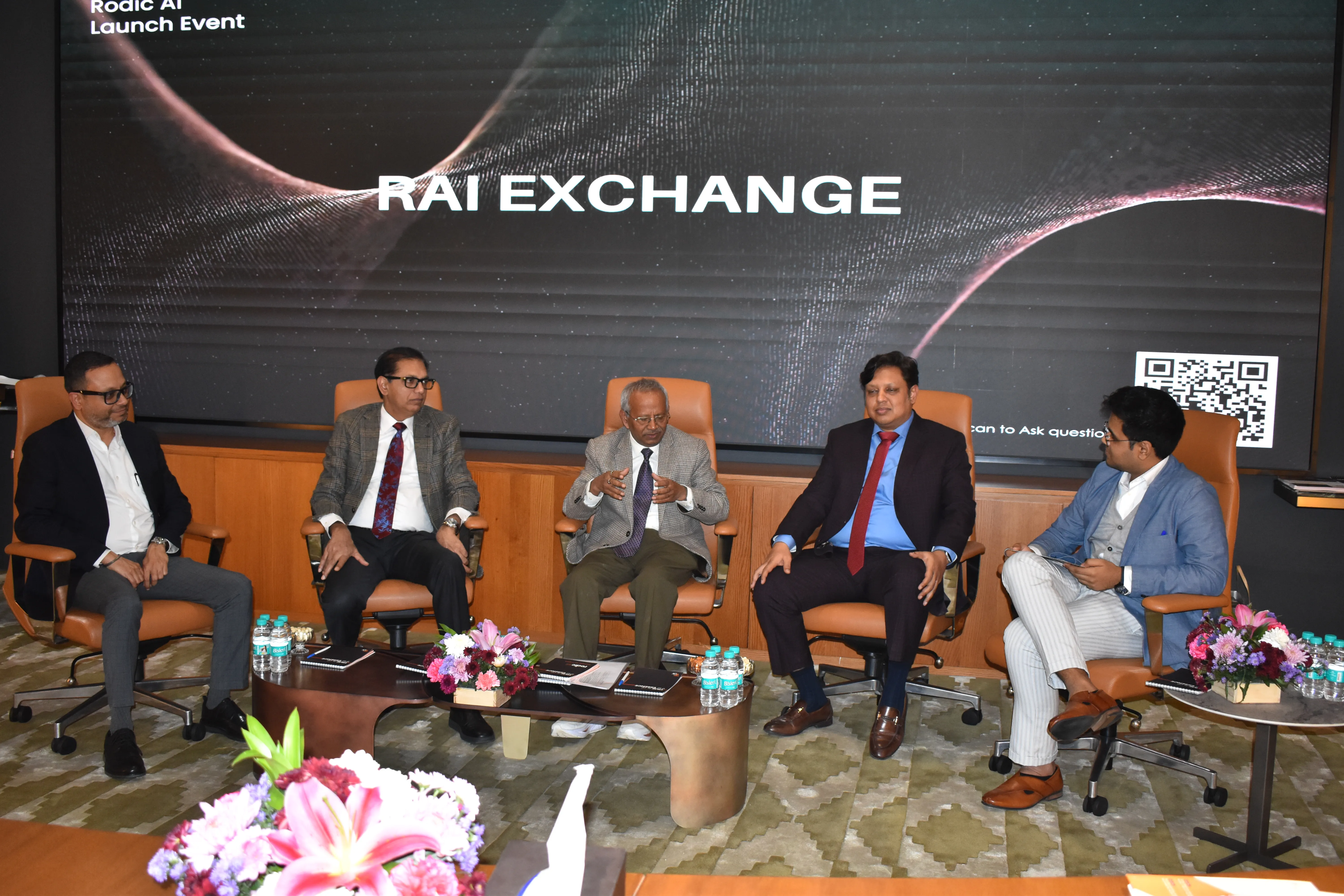

Rodic Launches US-Based Rodic AI to Drive Global AI Innovation
Rodic Consultants, a leading engineering and digital infrastructure consulting company, has announced the launch of Rodic AI, a new technology subsidiary focused on artificial intelligence, advanced data analytics and digital transformation. Headquartered at the Cambridge Innovation Center (CIC) in Boston, Rodic AI marks the group’s formal entry into the global AI innovation ecosystem.Located in what is widely regarded as the most innovative square mile in Cambridge and closely linked with institutions such as MIT and Harvard, Rodic AI is positioned to collaborate with global research and in..

Tier-2 Cities to Power India’s Home Interiors Market Growth
India’s home interiors market is poised for strong expansion, growing from Rs 1.27 trillion in 2024 to Rs 2.75 trillion by 2030, driven largely by rising demand from Tier-2 cities, according to a new research report by Magicbricks. The study estimates that Tier-2 markets will grow at a compound annual growth rate (CAGR) of 19 per cent, significantly outpacing Tier-1 cities, which are projected to grow at 12 per cent over the same period.Tier-2 cities alone are expected to expand from Rs 255.36 billion in 2024 to nearly Rs 725 billion by 2030, reflecting a rapid shift in consumer preferences ..

Flender Retains EcoVadis Platinum, Ranks in Global Top 1%
German drive technology specialist Flender has once again been awarded the prestigious Platinum Medal by EcoVadis, reaffirming its position among the top one per cent of the world’s most sustainable companies. The recognition marks the third consecutive time Flender has received EcoVadis’ highest rating, underscoring the company’s continued commitment to environmental, social and governance (ESG) excellence.The achievement is particularly significant as EcoVadis has raised the threshold for Platinum recognition. In its latest assessment, Flender improved its overall score from 83 to 89 p..

















